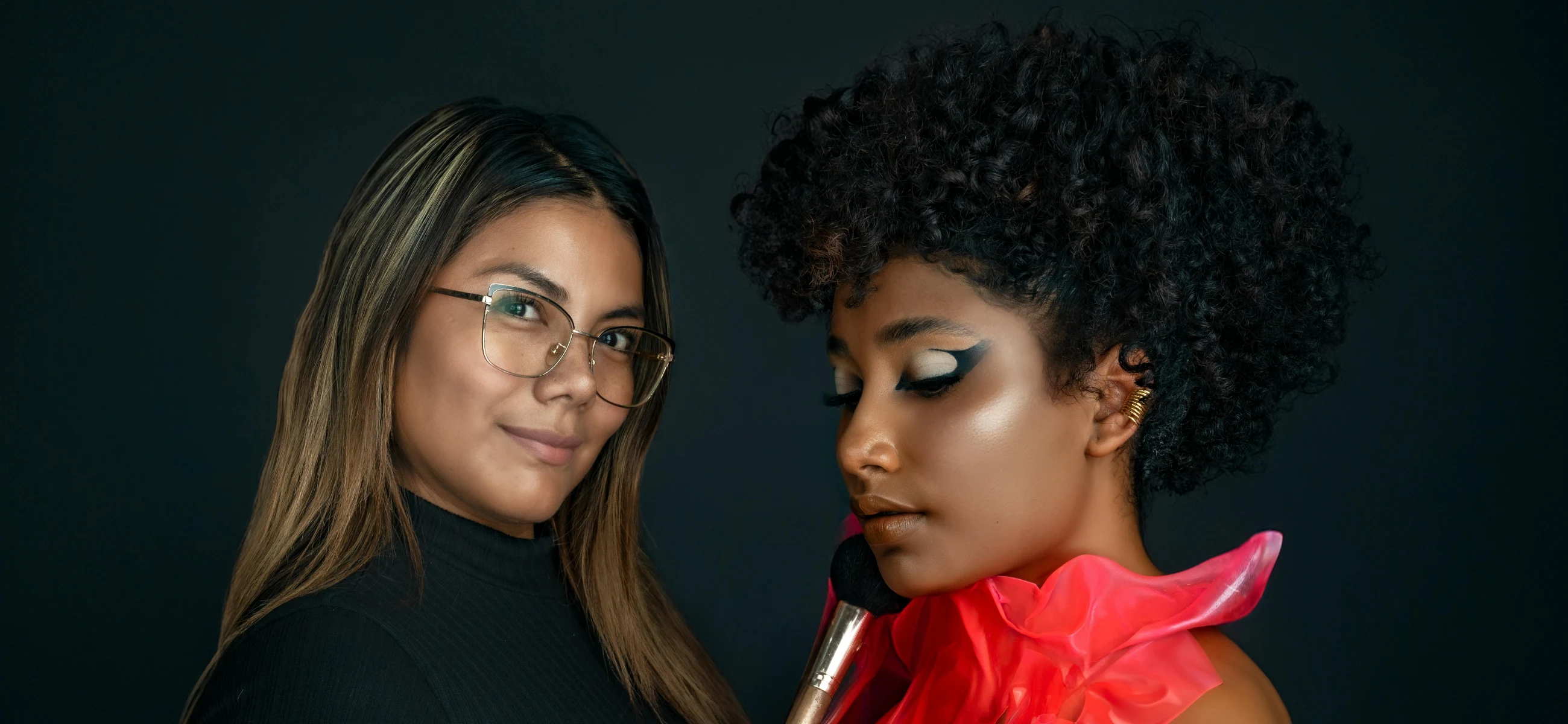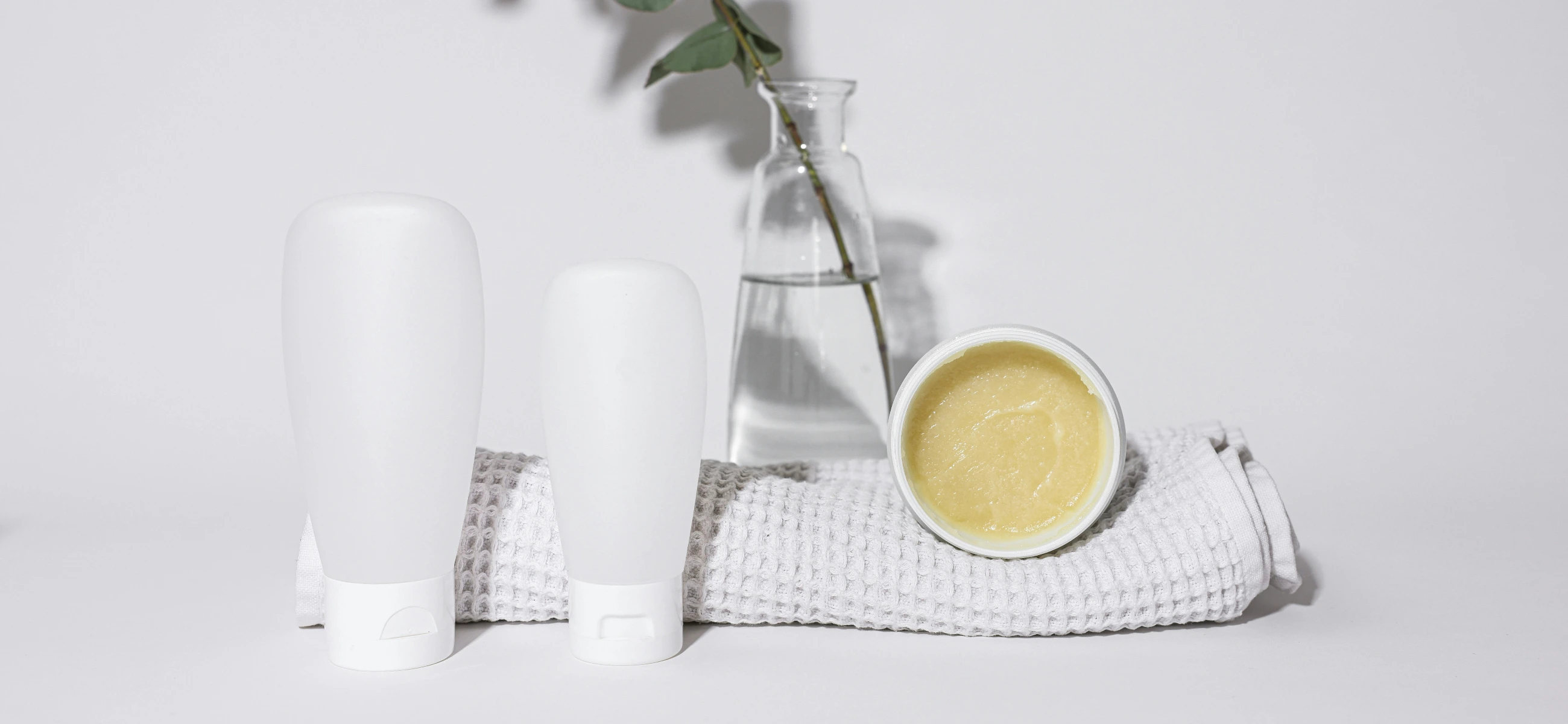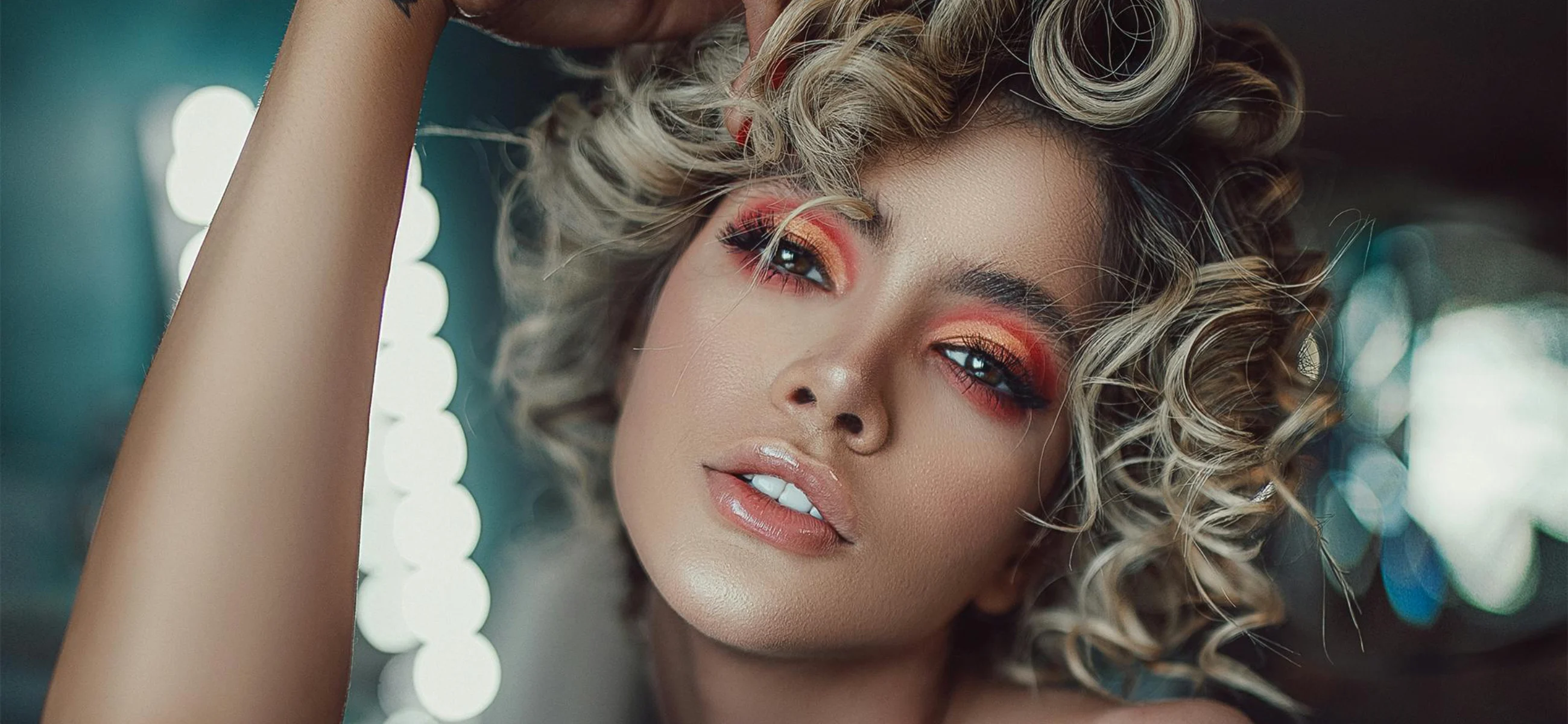Your hair type and natural style are determined by a combination of your parent’s DNA. So, if your mother and father have naturally curly hair, you also have a good chance of having curls.
But some hair types are dominant, while others are recessive. In this article, we look closely at what this means and answer the question – Is curly hair a dominant gene?
Is curly hair dominant?
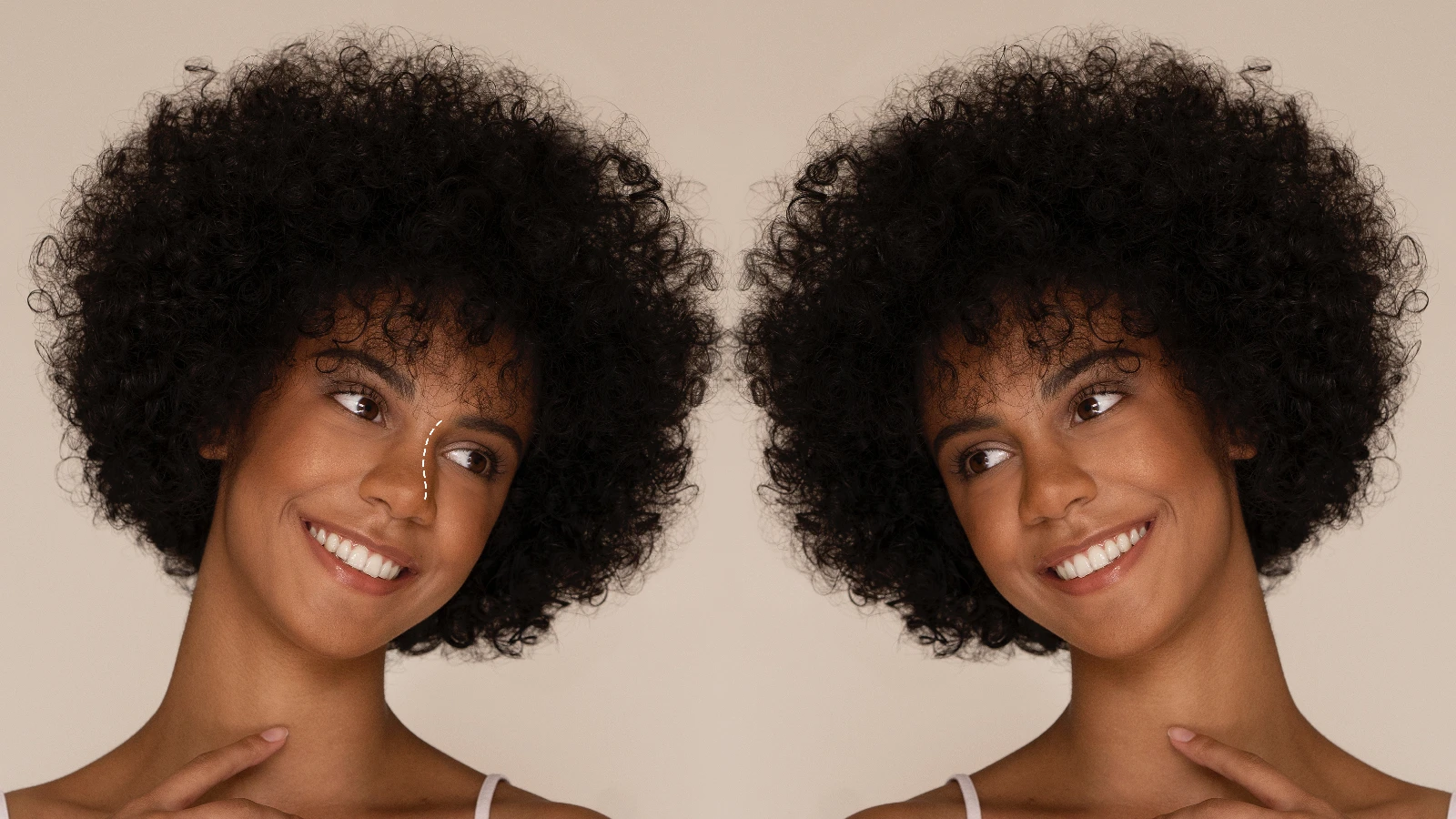
Curly hair is known as a dominant gene trait. In contrast, straight hair is known as a recessive gene trait. So, if your mother has curly hair and your father has straight hair (or vice versa), the chances are you will have curly hair.
Within DNA are two pieces of genetic information known as alleles. Alleles determine what type of hair you will have, depending on the coding of this information within your parents’ makeup. Each person has four alleles, two from the mother and two from the father.
The dominant genes will typically overpower the recessive genes passed on by your parents, determining which type of hair you are most likely to have.
While curly hair is dominant, and you are likely to have curls if one or more parents have curly hair, it doesn’t always work this way, as one of your parents’ alleles could be encoded with a straight hair gene they pass to you.
Factors that can affect your hair type
While curly hair is dominant in humans, your genetic makeup is only one factor that can influence your hair type, particularly as you get older. You also need to consider the following external factors:
Environmental factors
Numerous aspects of the natural environment can affect the way your hair looks. For instance, humidity can cause your curls to look frizzy, while people who live at higher altitudes may not have defined curls due to the absence of pressure in the air. Understanding these nuances can help you decide how to style and maintain your curls for your desired appearance.
Hormones
At different stages of life, hormones can influence the structure of your hair follicles. This is particularly the case among pregnant women, who may notice their hair becoming thicker or thinner in the months leading up to delivery. Menopausal hormonal changes can also change the way hair looks, but scientists and medical researchers can’t say why.
Underlying health conditions

If you’re living with an underlying health condition, it may affect the way your hair looks and feels. For instance, alopecia can directly affect the thickness of your hair, while some autoimmune diseases can cause your hair to thin out and even fall out, depending on severity. If you think your hair texture is affected by a health condition, you should schedule an appointment with a doctor.
Diet and nutrition
The food you eat and its nutritional value will have a big impact on the way you look. People with poor nutrition are likely to experience thinning, straighter hair. But if you follow a nutritious diet and eat sufficient minerals and vitamins, your hair will thrive. If you have natural curls, this will mean voluminous, bouncy curls that look great.
Product usage
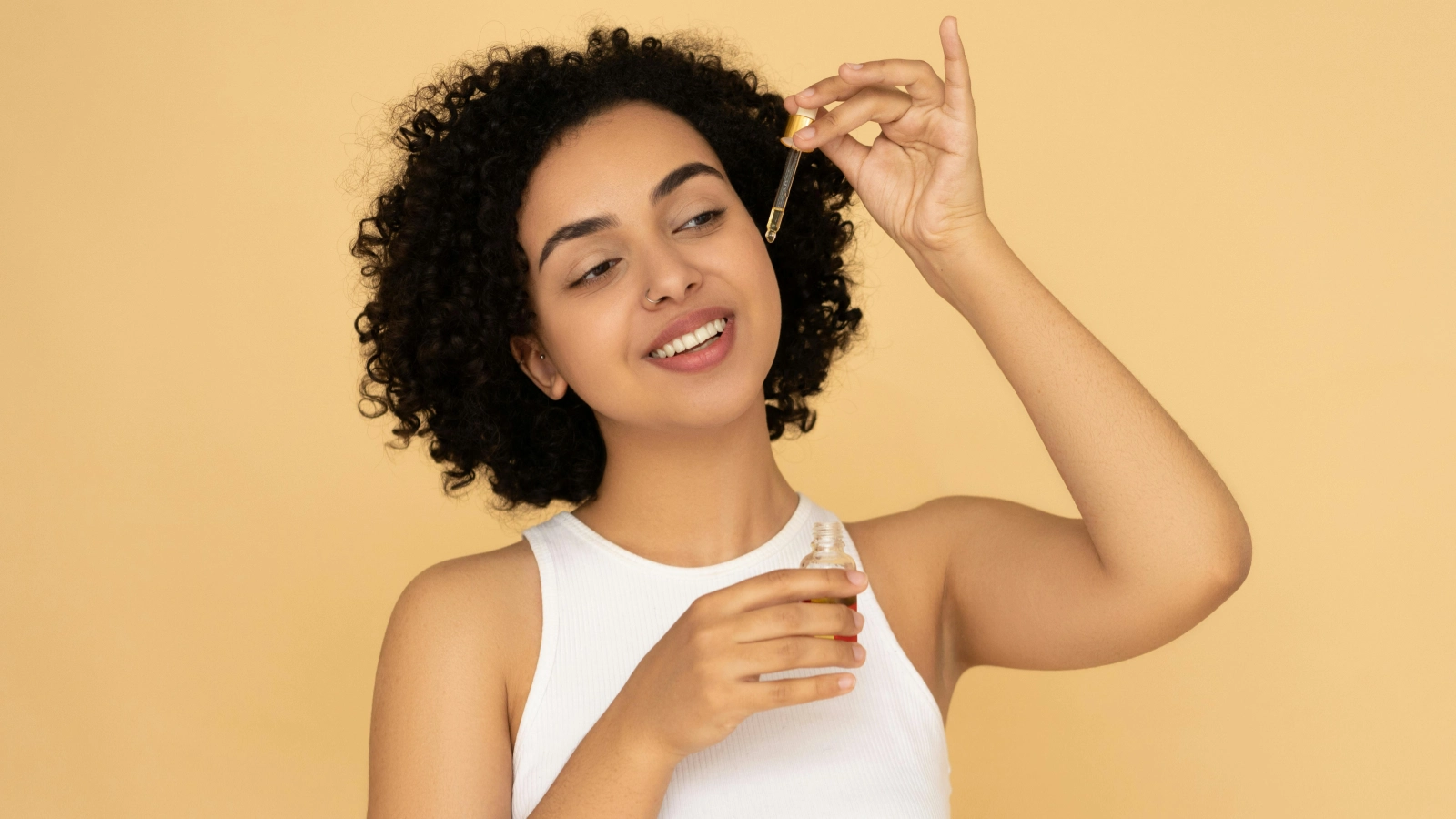
Even though curly hair is dominant, the products and tools you use can change the way your hair looks. For instance, using a hair straightener will straighten your curls, while the adverse is true if you use a curling iron. While your hair will revert to type after some time, constant use of a product or tool can influence the way your hair naturally sits.
Styling
Linked to the last point, the way you style your hair will obviously influence your natural look. There are so many ways to style your hair that you may even lose sight of how your natural hair looks. We recommend leaving your hair free from products and abandoning styling tools for up to a month to allow your hair to revert to its natural type and shape. You can then restart styling as and when you know its natural shape and complexion.
The verdict: Is curly hair a dominant trait?
The bottom line is that curly hair is dominant over straight. So, if both or even one of your parents has naturally curly hair, there’s a good chance that you will, too. However, as explained in this article, numerous other factors, such as hormones and the environment, can affect your hair throughout your life.
You can also style your hair in numerous ways, using different products and tools to change its appearance if you’re not happy with the natural hair you have, courtesy of your parent’s DNA. By the way, it’s advised to learn how to take care of your curly hair with some of the tips.

